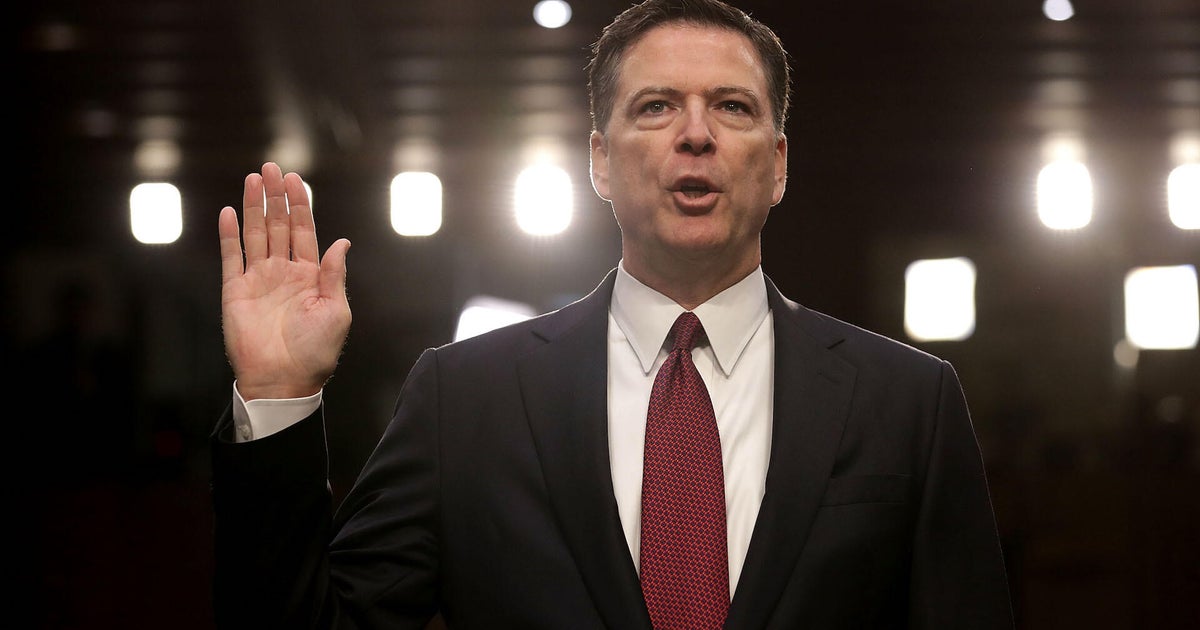Justice Department Indicts NY Attorney General Letitia James

Justice Department Indicts N.Y. Attorney General
New York Attorney General Letitia James faces federal indictment following a Justice Department investigation into alleged mortgage fraud involving residential properties in Virginia. The indictment, filed in the Eastern District of Virginia, centers on claims that James misrepresented the intended use of a home to secure favorable loan terms reserved for primary or secondary residences—terms not available for investment properties. Prosecutors allege she rented the property instead of occupying it, resulting in improper financial gains.
Context and Political Backdrop
The case arrives amid heightened tensions between James and the Trump administration, which has pursued legal action against several high-profile political opponents. Critics argue the timing and appointment of a prosecutor with close White House ties raise questions about impartiality. James and her legal team maintain the charges are politically motivated, pointing to her recent high-profile litigation against former President Trump. Meanwhile, supporters highlight a pattern of similar allegations in James’s past property dealings, though only the current Virginia case has resulted in formal charges.
Broader Implications
This indictment underscores the increasingly contentious intersection of law enforcement and political rivalry in Washington. Legal experts note the potential for lasting repercussions on public trust in the justice system, regardless of the case’s outcome. As proceedings unfold, the spotlight remains on whether the charges reflect genuine misconduct or a new chapter in the politicization of federal prosecutions.
About the People Mentioned
Letitia James
Letitia James is the 67th Attorney General of New York State, serving since 2019. She is the first woman and the first woman of color elected to this statewide office in New York. A native of Brooklyn, James earned her undergraduate degree from Lehman College and her law degree from Howard University School of Law. Prior to becoming Attorney General, she served as New York City’s Public Advocate from 2013 to 2019, where she was also the first woman of color to hold citywide office. In that role, she transformed the office into a powerful force for legislative change, addressing issues such as the gender wage gap by banning salary history questions in hiring and advocating for vulnerable populations including children in foster care and tenants[2][4]. As Attorney General, James acts as the chief legal officer of the state, focusing on protecting New Yorkers through law enforcement and civil rights advocacy. Notably, she secured a $7.4 billion settlement from Purdue Pharma and the Sackler family for their role in the opioid crisis, with New York receiving up to $250 million to fund treatment and prevention programs. Her office has also recovered over $3 billion from opioid manufacturers and distributors to combat the epidemic. James leads efforts to hold corporations accountable, exemplified by forcing DoorDash to pay $16.75 million to workers after unfair tip practices were exposed. She is also active in legislative initiatives such as the FAIR Business Practices Act, aimed at protecting consumers and small businesses from abusive practices[1][6]. James remains a prominent figure in New York politics and law enforcement, known for her advocacy on public safety, civil rights, and corporate accountability, continuing to address major social and legal challenges affecting New Yorkers.
About the Organizations Mentioned
Justice Department
The United States Department of Justice (DOJ) is the principal federal agency responsible for enforcing federal laws, ensuring public safety, and protecting civil rights. Headquartered in Washington, D.C., the DOJ operates under the leadership of the Attorney General, who serves as a key member of the President’s Cabinet. As of 2025, Pam Bondi holds this position, having taken office in February and quickly shaping the department’s priorities. Established in 1870 during President Ulysses S. Grant’s administration, the DOJ’s roots trace back to the creation of the Attorney General’s office in 1789. Over the years, it has grown into a vast organization with more than 115,000 employees and over 40 component agencies, including the Federal Bureau of Investigation (FBI), Drug Enforcement Administration (DEA), and U.S. Marshals Service. The DOJ also houses specialized divisions for criminal, civil, antitrust, tax, civil rights, and national security matters, and oversees 94 U.S. Attorney offices nationwide. The DOJ’s mission centers on upholding the rule of law, safeguarding national security, and defending civil liberties. In 2025, the department has shifted its enforcement focus, prioritizing areas such as healthcare fraud, customs and tariff evasion, and corporate misconduct, especially involving foreign adversaries and financial gatekeepers. Recent policy changes have emphasized efficiency in investigations and reduced reliance on corporate compliance monitors, reflecting a broader effort to minimize regulatory burdens on businesses. Notably, the DOJ has also been tasked with reviewing past government conduct to address concerns about the “weaponization” of federal agencies, ensuring accountability and restoring public trust. For business and technology leaders, the DOJ’s evolving priorities—particularly in areas like cybersecurity, antitrust, and international trade—have significant implications for compliance, risk management, and corporate governance.
White House
The **White House Office** is a central organizational component within the Executive Office of the President of the United States (EOP), tasked with supporting the President in managing day-to-day operations, policy formulation, and political affairs. It is headed by the White House Chief of Staff and staffed by senior aides who report directly to the President, including those with titles such as Assistant to the President and Deputy Assistant to the President. These staff members are mostly political appointees without the need for Senate confirmation, allowing the President considerable discretion in shaping the office to suit each administration's priorities[1]. Historically, the White House Office was established in 1939 through Reorganization Plan 1 and Executive Order 8248 to provide immediate assistance to the President. It functions as the nerve center for presidential staff, physically located primarily in the West Wing, and plays a pivotal role in managing the President’s policy agenda, communications, and political strategy. Its flexible organization allows each President to tailor the staff composition and roles according to their governance style and objectives[1]. In the current context of 2025, the White House Office operates under the administration of President Donald J. Trump, who returned to office after the 2024 election. His administration emphasizes rejecting prior policies deemed extremist and focuses on enhancing quality of life, economic growth, and American energy dominance. The administration includes Vice President JD Vance and First Lady Melania Trump, among others, with a Cabinet advising on various governmental functions[4][6]. Recent initiatives linked to the White House’s operational sphere include the establishment of a new **Department of Government Efficiency (DOGE)** aimed at modernizing federal technology and software to boost government productivity. The DOGE agenda is implemented through the renamed United States DOGE Service within the Executive Office, reflecting a concerted push to leverage technology for administrative modernization[5]. Notably, the White House Office also coordinates national security and homeland security functions through the National Security Council staff, underscoring its central role














